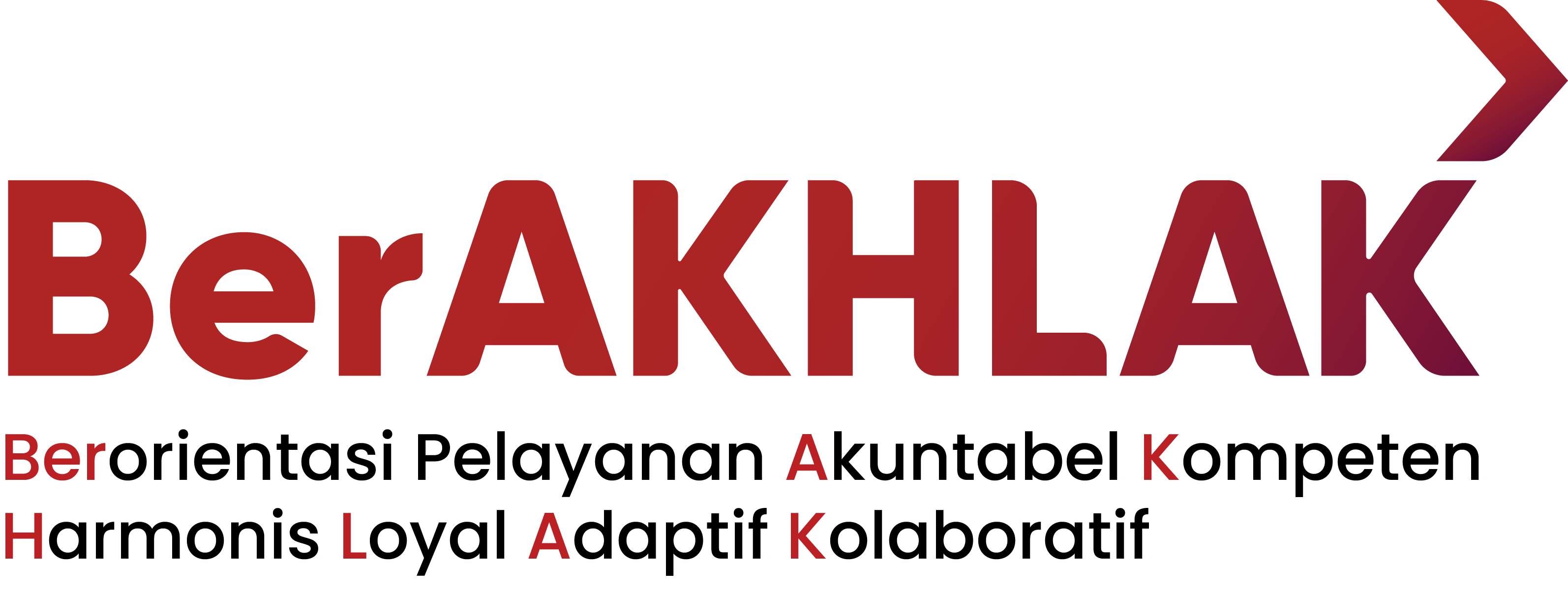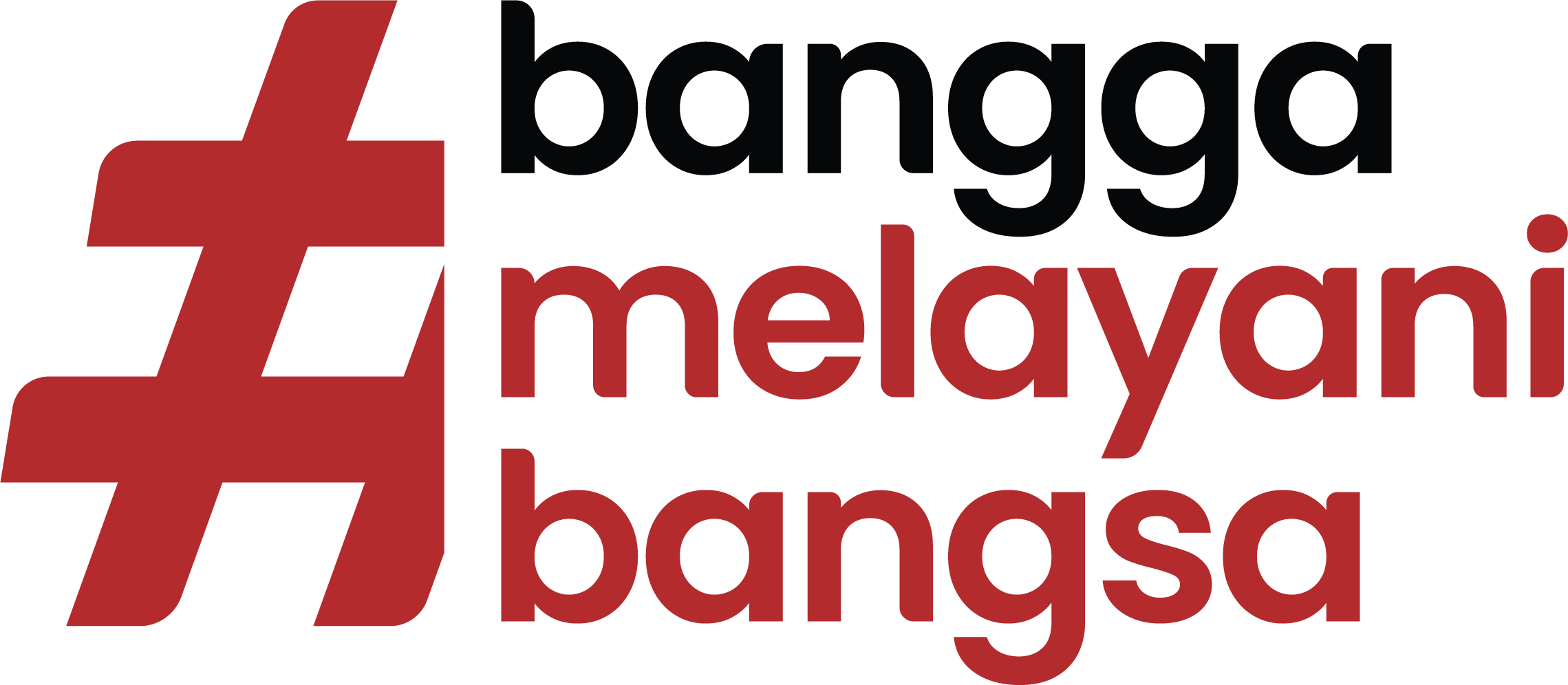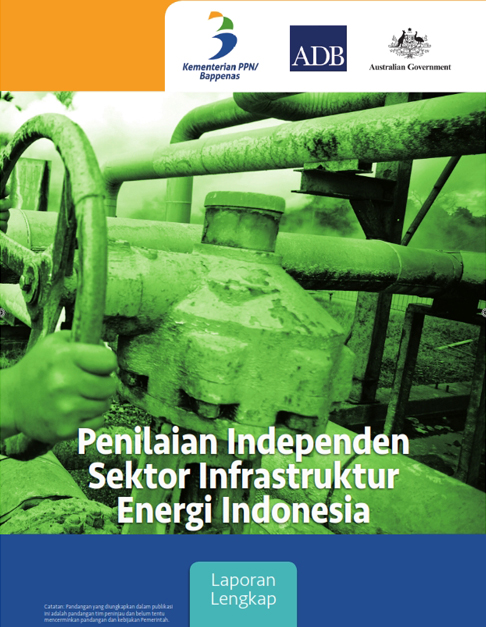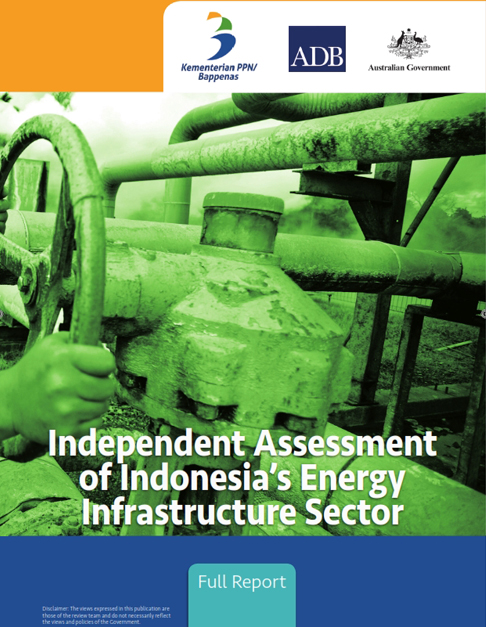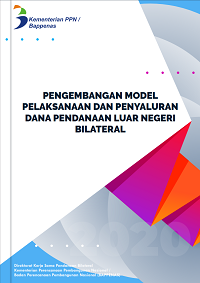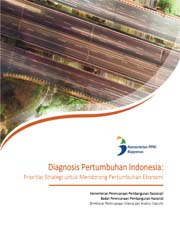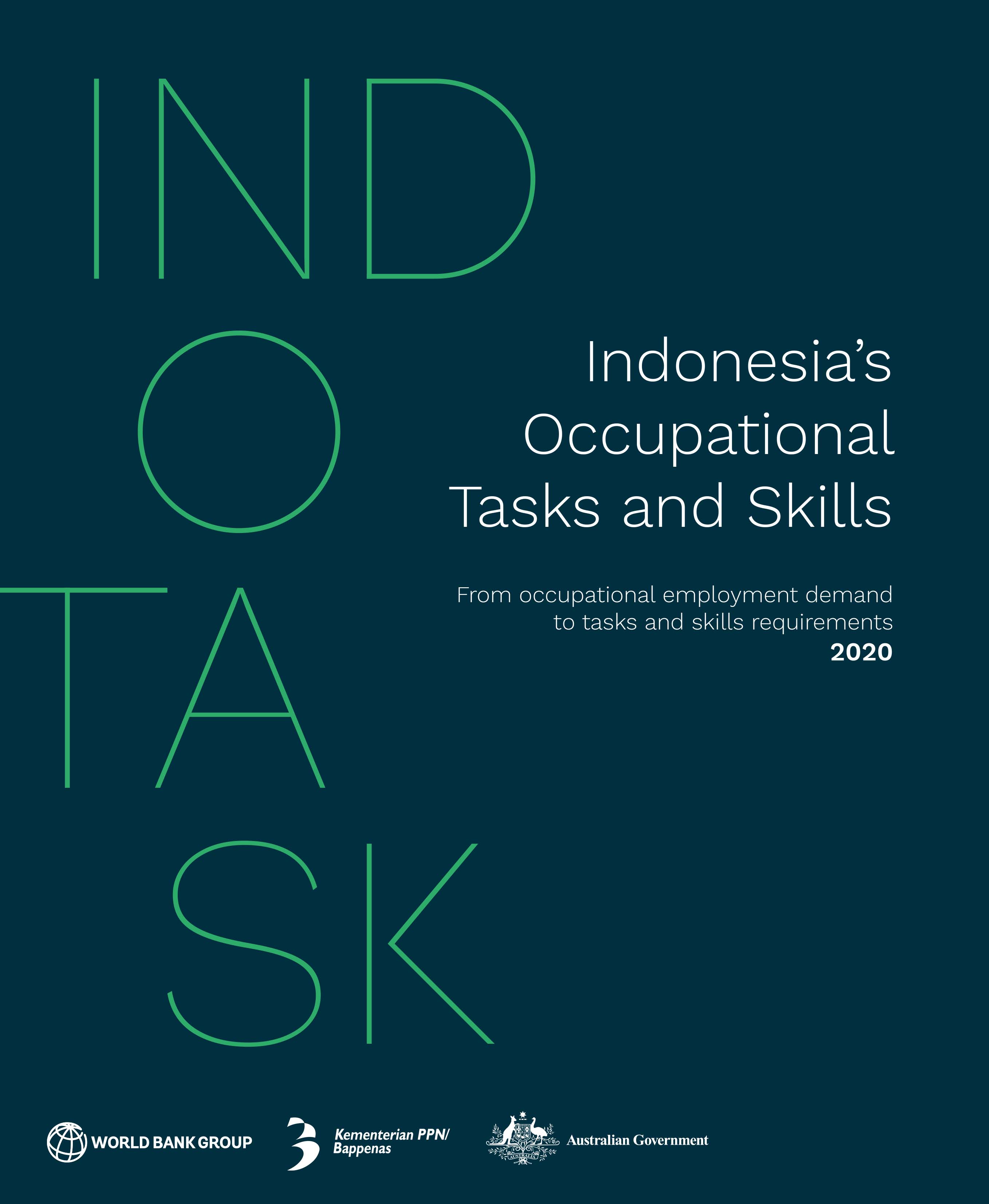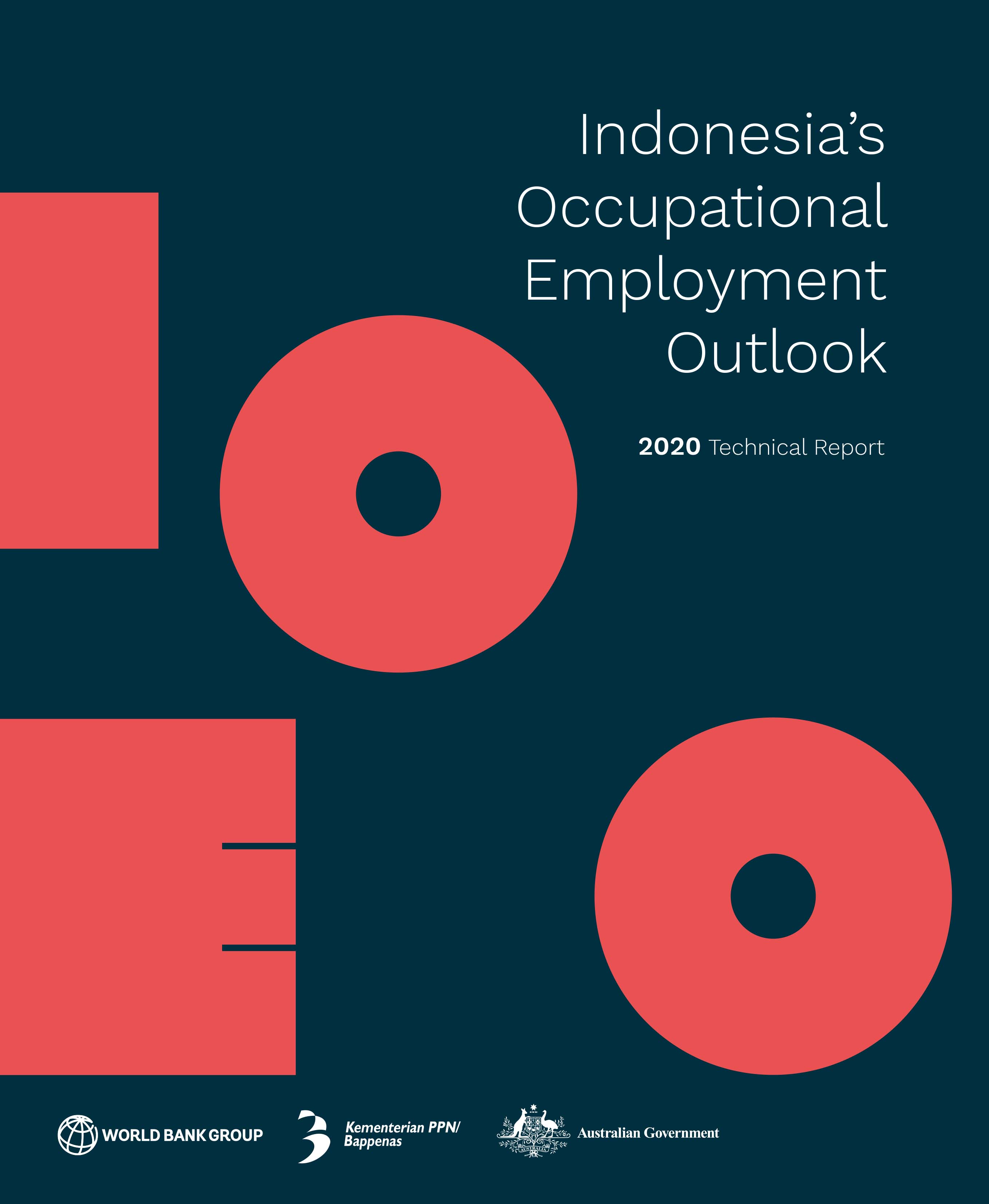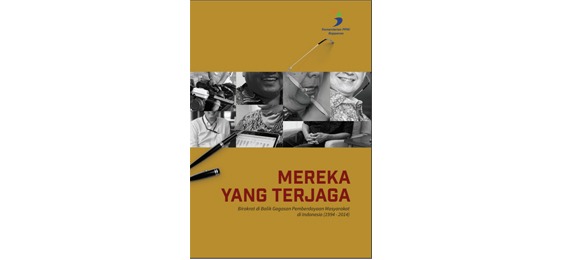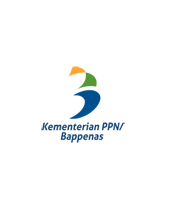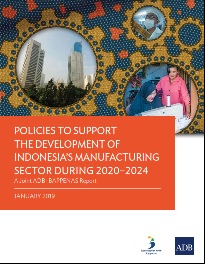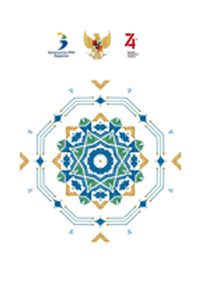Penilaian Independen Sektor Infrastruktur Energi Indonesia
Energi sangat penting bagi pembangunan ekonomi. Akan tetapi, kebijakan energi perlu seimbang dengan beragam tujuan — menjaga ketersediaan, akses yang terjangkau untuk layanan energi dan keberlangsungan.
Ketegangan di antara semua hal ini sudah jelas. Investasi yang diperlukan untuk menyediakan pasokan yang aman, khususnya di negara seperti Indonesia dengan infrastruktur yang tidak memadai dan pertumbuhan ekonomi yang cepat, sehingga membuat keterjangkauan lebih sulit untuk dicapai. Adapun penekanan pada upaya meminimalkan harga mungkin bertentangan dengan prinsip keberlanjutan dan hal ini mendorong penggunaan bahan bakar fosil berbiaya lebih rendah meskipun ada kerusakan lingkungan dan kesehatan.
Identifikasi bauran kebijakan yang tepat untuk memenuhi berbagai tujuan ini memainkan berperan penting dalam perumusan komponen energi dari Rencana Pembangunan Jangka Menengah Nasional, 2020-2024. Untuk membantu hal ini, Kementerian Perencanaan Pembangunan Nasional (Bappenas) bekerja sama dengan Bank Pembangunan Asia dan tim konsultannya untuk mengevaluasi tantangan utama yang dihadapi sector energi selama lima tahun ke depan dan untuk mengembangkan proposal kebijakan yang menanggapi hal ini. Kertas Putih ini merupakan kesimpulan dari penilaian ini dan usulan yang dihasilkan

